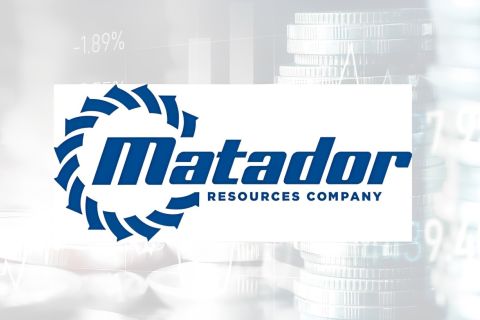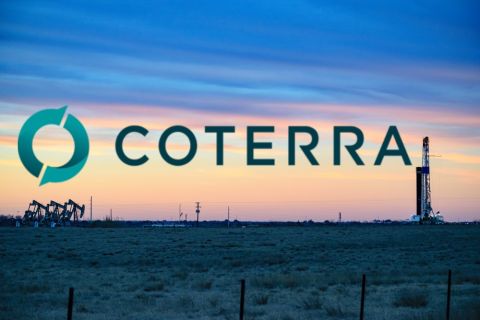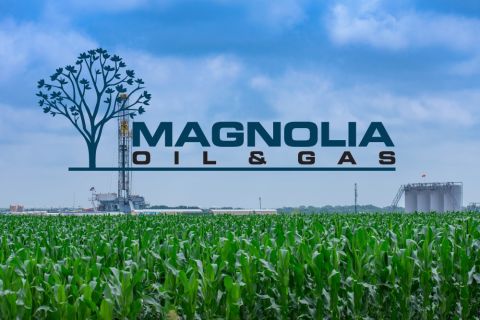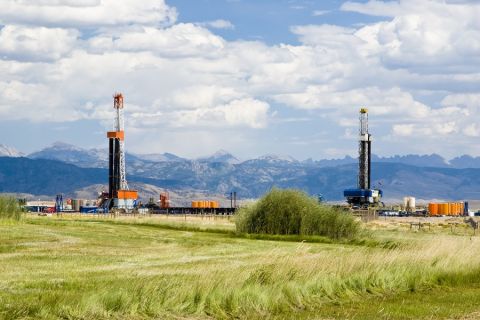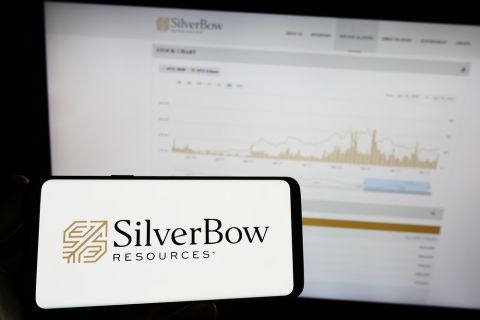Jordan Blum, editorial director, Hart Energy: We are here at Hart Energy's DUG GAS+ Conference and Expo in Shreveport, Louisiana. I'm joined by Dan Romito, the consulting partner at Pickering Energy Partners. Thank you so much for joining me, I really appreciate it. So we're going to have a conversation about things oil and gas companies are thrilled to hear about. Just to tee things off, the Environmental Defense Fund's new methane satellite [MethaneSAT] recently launched into orbit. Essentially, the point is to, more or less, name and shame big methane emitters. What do you think about it and how do you see it playing out?
Dan Romito, consulting partner, Pickering Energy Partners: First off, this wasn't my idea, so I'm just the messenger on this one. The reality is that it is an attempt to find what external NGLs would consider egregious offenders with Quado and then Subpart W being revised. There is a clear directive and agenda from certain political entities that they want to go out and shame the oil and gas space. What we need to be mindful of is that these groups are very sophisticated. They're very well-funded and they're incredibly motivated. So if you're not positioning your company in a manner where you can counter or at least argue with what they're saying quantitatively and empirically, you are going to be doing your group a disservice because they will find you. It is somewhat naive and a little bit irresponsible in my opinion to think that there is no one that's going to pinpoint you because now you have eyes in the sky, you have eyes on the side of the road, and you have a lot of funding going around to pinpoint who would be deemed responsible with methane leaks.
JB: So how cost prohibitive is it to do the extra mitigation work now with methane, and is it more cost prohibitive potentially long term not to do the work?
DR: So over the long term, obviously once technology scales and become much more sophisticated, affordability will become better suited. Is it cost prohibitive now? In some cases, yes. If we're talking about continuous real-time monitoring, then yes, the technology is incredibly expensive. That's where the direction of the market is going. But there are companies right now that have very sophisticated handheld technologies where operators in the field can digitally record and measure where leaks are taking place. And actually that's probably directionally where at least we see the market going is this will become a commoditized space because the regulation is in place, so it aligns with the regulatory burden, if you will, in the most cost effective manner possible. But yes, there are plenty of technologies in place that facilitate not real-time continuous monitoring, but handhelds that allow the operators in the field to locate where leaks are, and obviously the ability to fix them right then and there.
JB: Are companies taking this seriously enough, and how much concern is there about bad apples?
DR: Yeah, it's a rule, it's a regulation now, so just as much as I don't like paying taxes, I still pay taxes. So I feel companies are taking it seriously. I think the broader concern is there has been this tidal wave of, let's just call it, corresponding regulation that's hit everybody in the last 12 to 15 months and trying to figure out how to address it in the most cost effective and economically feasible manner is the primary focus now. So the oil and gas space has always been slapped with new regulations. It's nothing necessarily new, although this is pretty substantial so that they will adopt. We don't necessarily feel anyone is not taking it seriously, it's just a function of what can you do with the balance sheet that you currently have. At the end of the day, profitability matters, you just can't go out and retrofit everything. There is a cost consideration going on. I would also say in that respect, companies need to be a little bit more mindful that their timetable may not align with the regulatory timetable, right? There is a concerted effort to get this done now, so if companies aren't in a position where they're addressing it now, they better have a game plan or at least some sort of messaging in place to explain why.
JB: So it's an election year. What about politics? What happens differently potentially next year if Biden or Trump is in the White House?
DR: I mean, the short answer is nothing. It doesn't necessarily, in this respect matter who's in office. I would bet my house that this remains in play. There are several regulatory burdens that are on the table that when one administration comes in, they're not successful in getting away with it. The investment community in particular views this as something that will remain in perpetuity. So to wishfully think that it's going away because of administration changes, I would love this rule to be repealed, let's be very clear, but it is also probably not going to happen. So you have to plan accordingly.
JB: Thank you so much for joining us here at the DUG GAS+ Conference and Expo. To read and watch more, please visit online at hartenergy.com.
Recommended Reading
Matador Stock Offering to Pay for New Permian A&D—Analyst
2024-03-26 - Matador Resources is offering more than 5 million shares of stock for proceeds of $347 million to pay for newly disclosed transactions in Texas and New Mexico.
CEO: Coterra ‘Deeply Curious’ on M&A Amid E&P Consolidation Wave
2024-02-26 - Coterra Energy has yet to get in on the large-scale M&A wave sweeping across the Lower 48—but CEO Tom Jorden said Coterra is keeping an eye on acquisition opportunities.
CEO: Magnolia Hunting Giddings Bolt-ons that ‘Pack a Punch’ in ‘24
2024-02-16 - Magnolia Oil & Gas plans to boost production volumes in the single digits this year, with the majority of the growth coming from the Giddings Field.
E&P Earnings Season Proves Up Stronger Efficiencies, Profits
2024-04-04 - The 2024 outlook for E&Ps largely surprises to the upside with conservative budgets and steady volumes.
Kimmeridge Fast Forwards on SilverBow with Takeover Bid
2024-03-13 - Investment firm Kimmeridge Energy Management, which first asked for additional SilverBow Resources board seats, has followed up with a buyout offer. A deal would make a nearly 1 Bcfe/d Eagle Ford pureplay.

